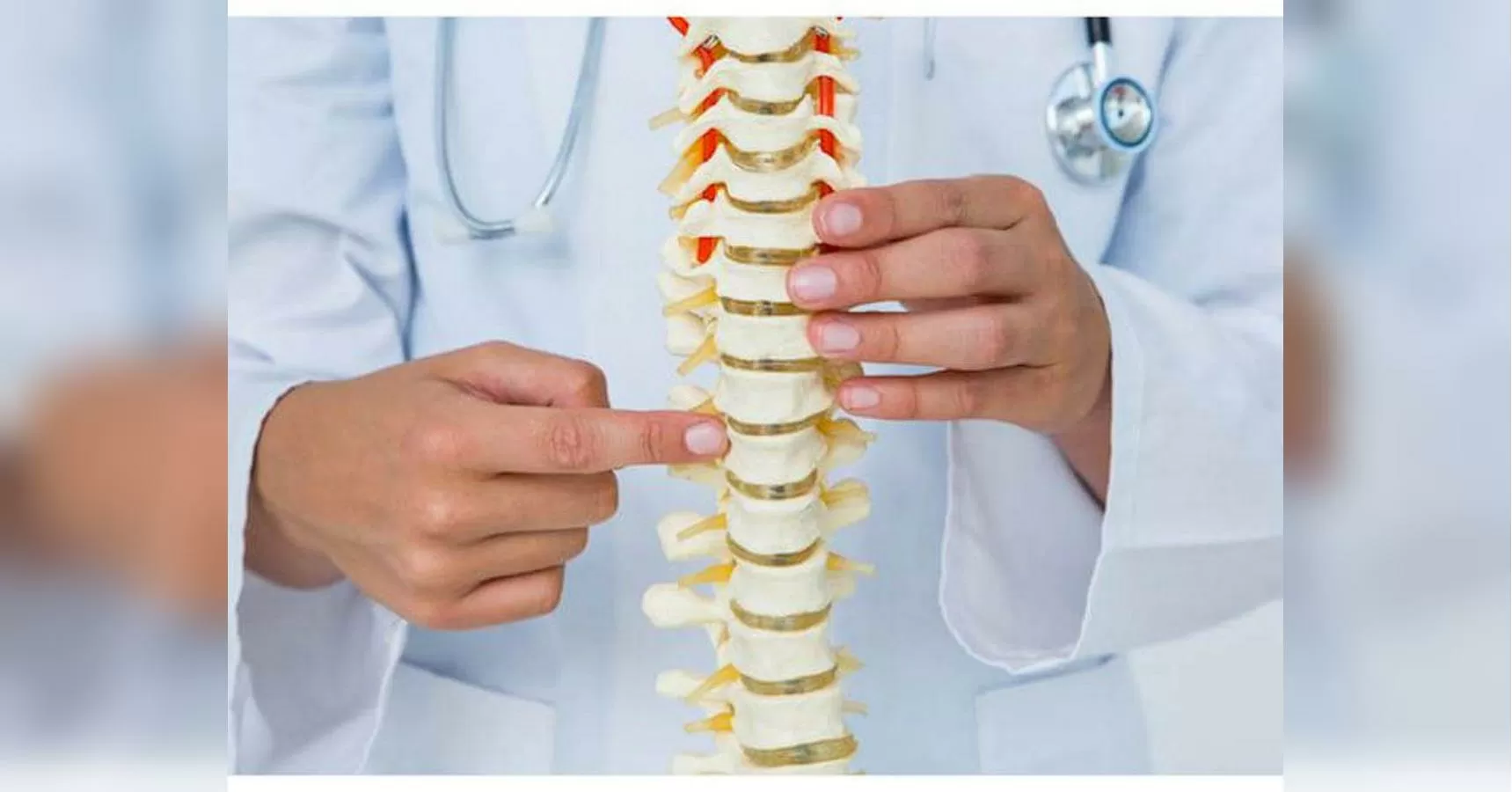Herniated disc, also known as a slipped or ruptured disc, is a common condition that affects millions of people worldwide. It occurs when one of the discs between the vertebrae in the spine bulges or ruptures, often causing pain and discomfort. While the exact cause of herniated disc is not known, there are several risk factors that can increase the likelihood of developing this condition. In this article, we will discuss some of the factors that can increase the risk of herniated disc, as explained by Anna Novokhatchenko, a renowned medical expert.
One of the most significant risk factors for herniated disc is excess weight or obesity. Being overweight puts extra pressure on the spine, leading to wear and tear of the discs that act as shock absorbers between the vertebrae. This increased pressure can cause the discs to bulge or rupture, resulting in a herniated disc. According to Anna Novokhatchenko, individuals with a body mass index (BMI) of 30 or higher are at a higher risk of developing this condition. Maintaining a healthy weight through a balanced diet and regular exercise can help prevent and reduce the risk of herniated disc.
Another significant risk factor for herniated disc is engaging in heavy physical labor or activities that involve repetitive bending, twisting, or lifting. These movements put excessive strain on the spine, leading to disc degeneration and herniation. People who have physically demanding jobs such as construction workers, delivery drivers, or healthcare workers are more prone to developing a herniated disc. To reduce the risk, it is essential to use proper body mechanics and techniques while lifting heavy objects, take frequent breaks, and avoid overexertion.
Smoking is another factor that can increase the risk of developing a herniated disc. This habit can lead to the degeneration of the discs in the spine, making them more susceptible to injury and herniation. The nicotine in cigarettes can also reduce blood flow to the discs, depriving them of essential nutrients and oxygen needed for their health and healing. Moreover, smoking can affect the body’s overall healing process, making it harder for a herniated disc to heal on its own. Quitting smoking can not only reduce the risk of herniated disc but also improve overall health.
Age is also a significant factor when it comes to the risk of herniated disc. As we age, the discs in our spine lose their moisture and elasticity, making them more vulnerable to injury and herniation. This degeneration process is a natural part of aging and can result in weakened discs that are more likely to rupture or bulge. While we cannot prevent aging, we can take steps to maintain a healthy spine through regular exercise, proper posture, and a healthy lifestyle.
Genetics can also play a role in the risk of herniated disc. Some people may have a genetic predisposition to developing this condition, making them more susceptible to disc degeneration and herniation. If you have a family history of herniated disc or other spine-related conditions, it is essential to be extra cautious and take preventive measures to protect your spine’s health.
In conclusion, herniated disc is a common condition that can cause pain and discomfort, affecting one’s daily life. While the exact cause of this condition is unknown, there are several risk factors that can increase its likelihood. These include excess weight, heavy physical labor, smoking, age, and genetics. By understanding these risk factors and taking necessary preventive measures, we can reduce the risk of developing a herniated disc and maintain a healthy spine. Remember to consult a medical professional if you experience any symptoms of a herniated disc and seek appropriate treatment. Your spine is an essential part of your body, so take care of it to live a pain-free and active life.

